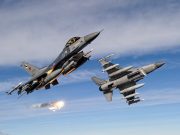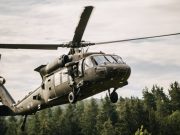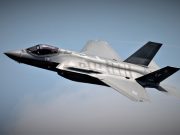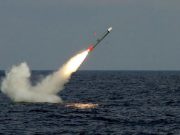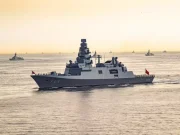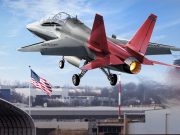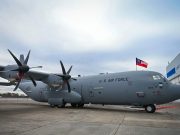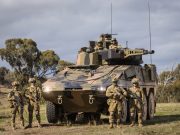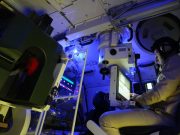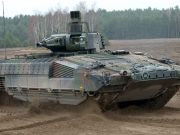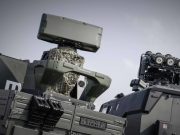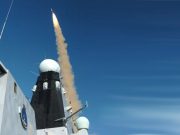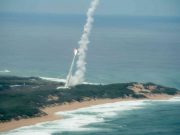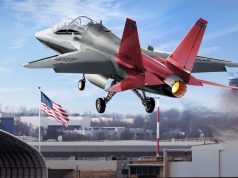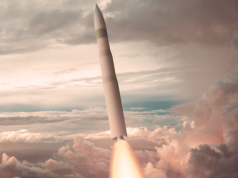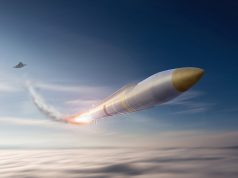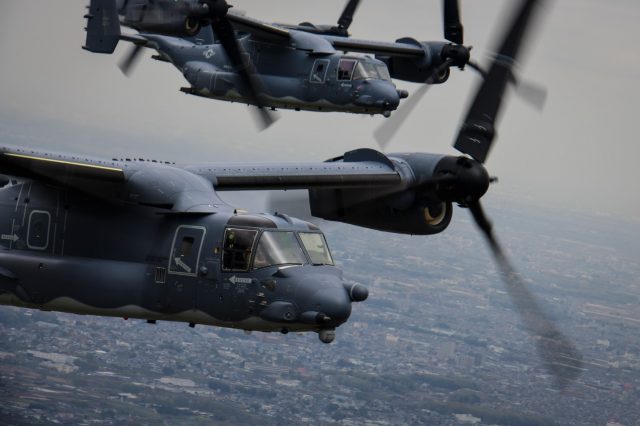
The US Air Force Special Operations Command has grounded its fleet of 52 CV-22 Osprey rotorcraft indefinitely due to the recent series of incidents involving the aircraft.
The service will use the stand-down to examine the issue of hard clutch engagement on the aircraft, which has been slipping for a yet-to-be determined reason.
“At this point, there have been no injuries or deaths, due in large part to the skill and professionalism of our Air Commandos who operate the CV-22,” Lt. Col. Rebecca Heyse, director of US Air Force Special Operations Command Public Affairs, said. “The safety of our Airmen is of the utmost importance, therefore no AFSOC CV-22s will fly until we determine the cause of the hard clutch engagements and risk control measures are put in place.”
“Since 2017 there have been four incidents involving hard clutch engagement during flight, with two occurring in the past six weeks,” Heyse added.
These two crashes resulted in the deaths of nine US Marines. The first crash occurred in March, when a US Marine Corps Osprey crashed near Bodo, Norway, during exercise Cold Response. The second one took place in June, with five Marines losing their lives as the aircraft crashed near Glamis, California.
Following the crash in California, the navy ordered a “safety pause” to review risk-management practices and conduct training on threat and error-management processes.
The US Navy will continue to fly its CMV-22 Osprey (which is serving as the navy’s new carrier on board delivery COD aircraft), but the service said it was “aware of the issues affecting the US Air Force CV-22 fleet and are closely monitoring our CMV-22 aircraft for similar occurrences.”
The news of the clutch issues in the Osprey fleet come after an ejector seat problem forced the US Air Force to ground its fleet of F-35A aircraft. The same issue affected some navy variants of the F-35, as well as the F/A-18B/C/D Hornet and F/A-18E/F Super Hornet fighters, E/A-18G Growlers, and T-45 Goshawk and F-5 Tiger II trainers.


